The measure wouldn’t legalize any drug but would eliminate criminal charges for possession of small quantities of them, which currently are misdemeanors. Instead, police would issue citations to people with a $100 fine that they could avoid if they receive an evaluation at an addiction recovery center.
The measure aims to put people into recovery programs and keep a criminal conviction off their record. It also seeks to reduce the stigma tied to a drug arrest and conviction that can prevent a person from getting a job or housing and keep them stuck in a spiral of addiction.
Advocates say the measure is sorely needed. Oregon consistently ranks near the bottom of states in access to addiction treatment.
“This war on drugs has obviously not been effective,” said Janie Gullickson, executive director of Mental Health & Addiction Association of Oregon. “It’s called the ‘failed war on drugs.’”
Gullickson is a chief petitioner of the measure, which has input from dozens of Oregon addiction and recovery providers and advocates. The other petitioners are Haven Wheelock of Outside In, a Portland nonprofit that works with homeless youth, and Anthony Johnson, who led Oregon’s campaign to legalize and regulate marijuana.
The Drug Policy Alliance worked with supporters to draft the measure, which is called the Drug Addiction Treatment and Recovery Act. The alliance is involved nationwide in efforts to reform existing drug laws, with a focus on treatment and education instead of incarceration.
The measure would put more money into addiction treatment programs and related services like housing at a time when Oregon’s recovery providers face the threat of cuts. State forecasters project a $4 billion shortfall in the next two-year budget period. But the measure is designed to be paid for by current marijuana tax revenue.” …Click here to keep reading

